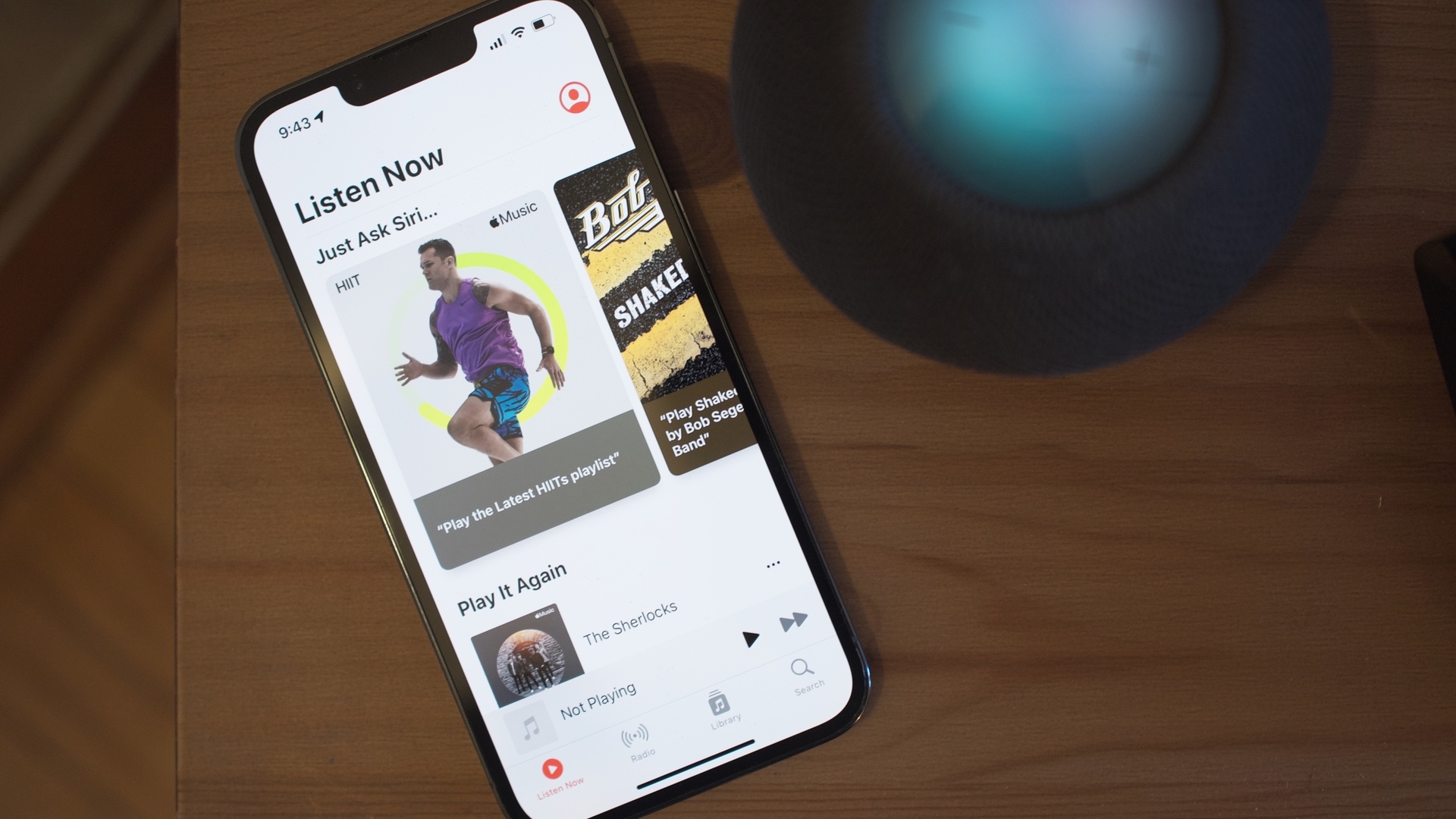
A song created by AI that was trained on the voices of Drake and The Weeknd has been removed from a host of streaming services following copyright complaints.
The song, which was created by "ghostwriter" was reportedly recorded using software that used the voices of famous singers as its training material. It popped up on streaming services last week and, ironically given the people it mimicked, went viral over the weekend.
The song has now been pulled from Spotify, Apple Music, Deezer, and Tidal.
Sounds ... familiar
The song attracted the attention of Universal Music Group which publishes both artists through its Republic Records brand. The company claimed that it violated copyright law and they might have had a point — that's something that still needs to be figured out in the age of AI-generated content.
The BBC reports that the song was streamed almost 630,000 times before it was removed from Spotify and was believed to have earned at least $1,888 for its creator based on the lowest possible royalty rate.
The voices were reportedly pretty similar to the originals although we have to imagine that a keen ear and the best headphones would probably have known the difference. Still, the fact that software can use famous singers' voices to learn how to sing like them should send shockwaves through the music industry. Some intellectual property experts aren't convinced that such deepfakes would constitute a violation of the law, but that's something that is sure to be put to the test eventually.
Jani Ihalainen, of RPC, reportedly told the BBC that U.K. copyright law "provides performers with certain rights over their performances, including making of copies of recordings of specific performances." But it isn't that clear when deepfakes are involved.
"However, a 'deepfaked' voice, which does not specifically copy a performance, will most likely not be covered and could even be considered a protected work in its own right.," Ihalainen said.







